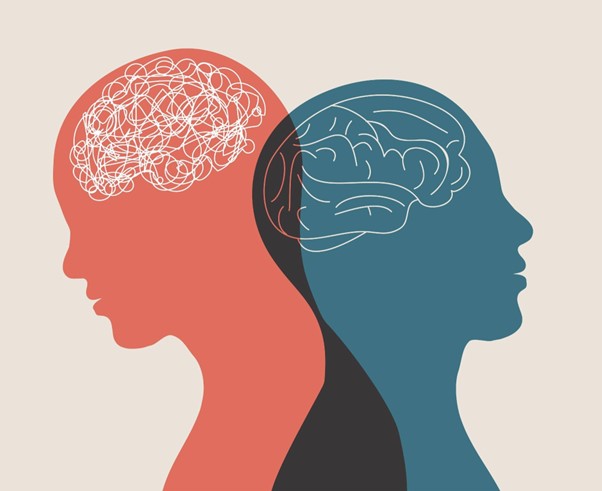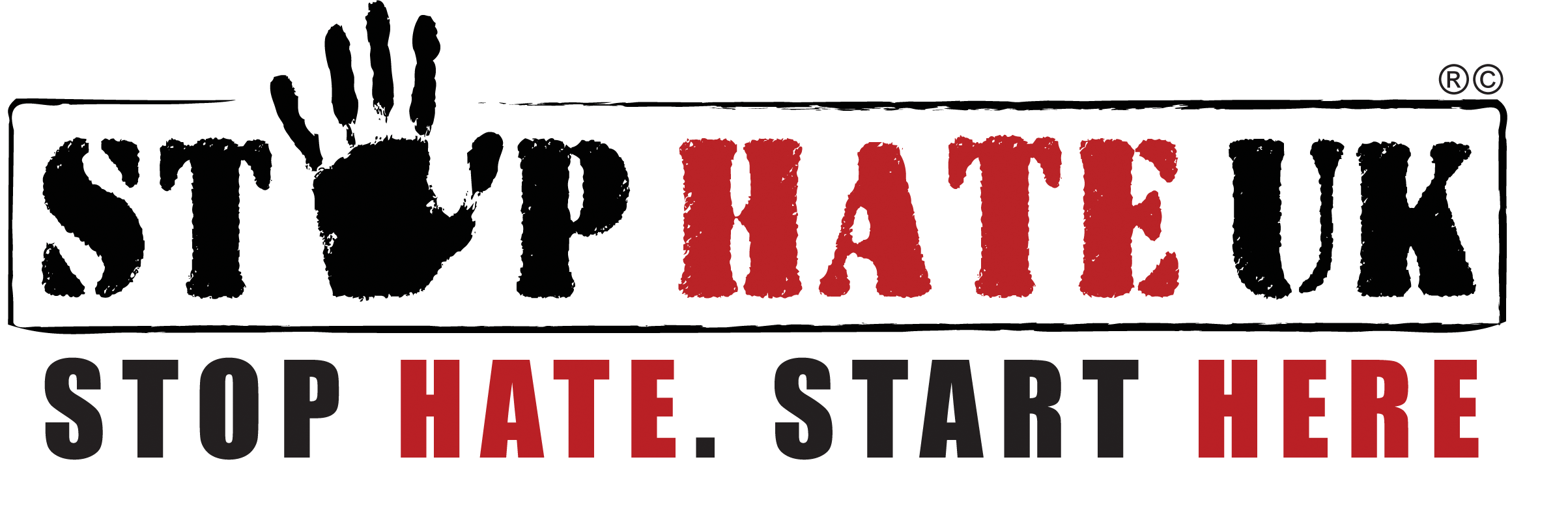The Impact of Hate Crime and Discrimination on Mental Health

PMAC, a distinguished UK-based organization specialising in mental health and wellbeing training for workplaces across the nation, has contributed a guest blog on our website. In this insightful article, PMAC delve into the profound repercussions of hate crimes and discrimination on mental health.
With a deep understanding of the intricate relationship between these issues, the article sheds light on the intersection between individuals who are affected by hate crimes and the subsequent impact on their mental wellbeing. Read along as PMAC’s expertise explores the profound importance of addressing this vital concern.
Discrimination vs Belonging
Discrimination and belonging are two concepts that are often talked about in regards to mental health. Discrimination refers to the negative treatment of an individual or group due to their identity.
Discrimination can have serious negative effects on someone’s mental health and wellbeing. It has been linked with trauma, depression, anxiety and low self-esteem, and significantly impacts overall quality of life. Research has found that experiencing discrimination can lead to social isolation, financial hardship, loss of confidence, and even suicidal thoughts.
Conversely, having a sense of belonging is essential for our psychological health. Feeling that we are connected to something larger than ourselves, such as a community, workplace or family unit, brings meaning and purpose into our lives. It is an evolutionary need, due to our ancestral history of living in tribes, and is associated with increased self-esteem, improved physical and better mental health outcomes, better academic performance and stronger social relationships.
The ability to feel a sense of belonging requires being accepted by society or specific groups within it without prejudice or fear of discrimination. Discrimination not only causes intense suffering therefore, but it acts as an obstacle to forming meaningful connections with others; exacerbating loneliness and alienation.
Having a sense of belonging is incredibly important when it comes to mental health whereas discrimination has the opposite effect. Consequently, it is imperative that we ensure everyone feels safe from discrimination so they can benefit from the psychological benefits associated with feeling connected with others around them. If needed, mental health training can be sought to assist with overall understanding.
Discrimination and Self-Esteem
Discrimination and self-esteem are closely linked, with the experience of discrimination having potential to cause lasting psychological damage. Studies have shown that those who have experienced discrimination – whether because of their race, gender, sexual orientation, or other factors – show a greater likelihood of developing symptoms of depression and anxiety. Being discriminated against for characteristics that are outside of your control can significantly detriment your sense of self.
Self-esteem is the opinion we form about ourselves. Low self-esteem can be caused by various external factors, such as bullying or derogatory comments from others, but experiencing discrimination can also play a role in its development. People who are subjected to discriminatory behaviour can feel like they don’t fit into society or are not respected in the same way as others, undermining their sense of belonging and worthiness.
Research has found that even when someone does not explicitly encounter discrimination or hatred personally, seeing it happen to others can still have an effect on self-esteem due to vicarious traumatisation. This means that those who witness hate crime or workplace discrimination happening to someone else can become impacted psychologically themselves due to feeling powerless and helpless in the face of such injustice. In addition, visibility plays a role in how individual members of minority groups interpret incidents; for example if someone belonging to a minority group sees another member being discriminated against then they are more likely to assume this could happen to them too, leading them to feel more vulnerable and less confident.
Furthermore, low self-esteem often serves as a barrier preventing access into therapies which could be beneficial for mental health recovery – making it essential for those affected by discrimination or hate crime to receive specialist support as soon as possible afterwards.
Stop Hate UK’s 24/7, 365 days a year helpline service and reporting apps are here to fill this vital need. Our helpline services can be accessed at any time and we will provide you with trauma-informed emotional support and practical support.
Feeling Powerless
Hate crime and discrimination can have a devastating impact on mental health and can leave people feeling powerless. Experiencing hate-based mistreatment can leave people with a deep sense of helplessness and hopelessness, often leading to anxiety, depression, and symptoms of trauma. Even when legal action is taken, many feel as if their voices are not heard or that they lack the influence necessary to achieve justice. This can result in feelings of humiliation, frustration, and anger.
Those who have been victims of hate crime may also feel guilt for not being able to prevent the occurrence from happening. They may ruminate on what they could have done differently or beat themselves up for not responding appropriately while under attack. This internal dialogue further reinforces a sense of powerlessness and reduces one’s self-esteem.
It is important that people who are the targets of hate crimes reach out for support in order to cope with this difficult situation. Talking through one’s experience with an understanding friend or family member can provide comfort and help manage symptoms such as distress and fear resulting from the trauma inflicted by hate crime or discrimination.
Support groups provide an opportunity for those affected to connect with others who have gone through similar experiences. Through shared stories and therapeutic tips and tools, members build upon each other’s strength while developing a sense of community, which helps individuals regain their autonomy over time.
It is also beneficial to seek professional assistance from qualified therapists. Therapeutic interventions such as cognitive behavioural therapy (CBT) and dialectical behaviour therapy (DBT), teach individuals practical strategies for dealing with negative emotions caused by oppressive behaviour as well as developing healthy coping skills to overcome feelings of powerlessness.
Stop Hate UK's Role in Trauma-Informed Support
We at Stop Hate UK stand as a beacon of hope and healing for individuals and communities affected by hate crimes and discrimination, and the injurious effect that has on mental health in the aftermath. At the heart of our mission lies a commitment to trauma-informed support and resources, offering a lifeline to those navigating the complex emotional landscape that follows such distressing experiences.
With an empathetic approach, we understand that healing begins with acknowledgment and validation – calling our 24/7 helpline service will give you a safe space to share your story where you will be first and foremost listened to and believed. You will then be given practical advice and support on your next steps to recovery from your experience.
Through a combination of compassionate helpline services, specialised training programmes for all, community engagement, and educational initiatives, Stop Hate UK’s expertise shines in building a hate-free and inclusive society for all.
Stop Hate UK's Helpline Services
The only helpline service and reporting apps offering support to all forms of identity 24/7, 365 days a year. Our helpline services can be accessed at any time and we will provide you with trauma-informed emotional support and practical support.
Receive Support Today
